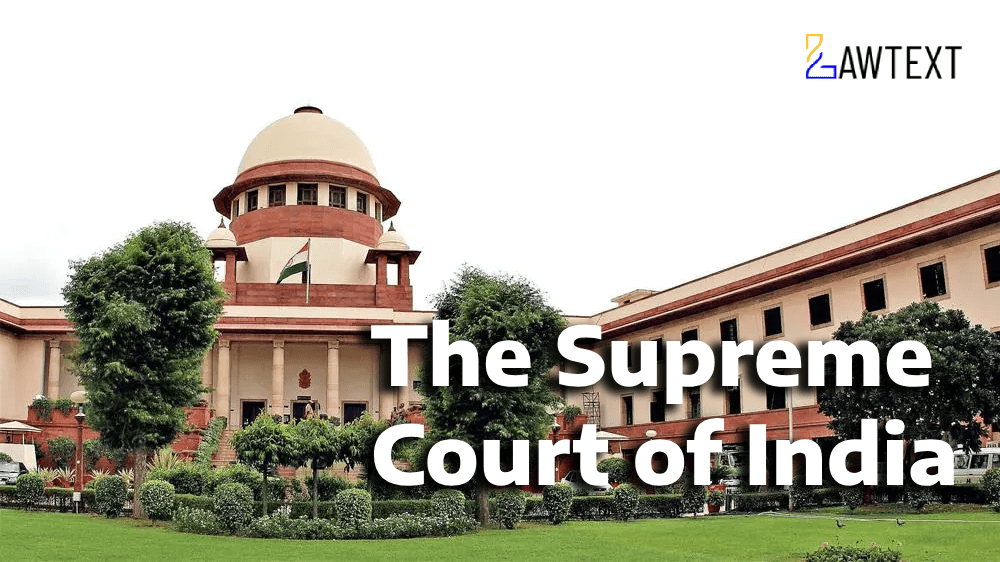

This judgment arises from a Special Leave Petition (SLP) where the appellant, a victim of a motor vehicle accident, sought enhancement of compensation. Both the Tribunal and the High Court had granted compensation but the appellant contended that his actual income, future prospects, and needs had not been correctly assessed. The Supreme Court considered the evidence, including the appellant's salary, his 100% functional disability, future medical expenses, and costs for an attendant, ultimately enhancing the compensation to ₹52,31,000/-.
The appellant, who was involved in a motor vehicle accident on 16.01.2014, sought enhancement of compensation. A police case was registered, and separate claims were filed by the injured parties and legal heirs of a deceased person. The Tribunal adjudicated the claims in a common award.
The Tribunal assessed the appellant’s income at ₹1,62,420/- per annum based on income tax returns from 2011-12 and awarded ₹20,60,385/- based on 60% disability. The Tribunal also granted ₹50,000/- for mental agony and ₹1,00,000/- for future medical expenses.
The High Court modified the Tribunal’s award, increasing the compensation to ₹30,99,873/-, assessing the appellant’s functional disability at 100%. However, the appellant claimed his actual income and future prospects were not properly evaluated.
The appellant argued that the High Court failed to consider his true monthly income of ₹22,000/-, future medical expenses, attendant needs, and appropriate compensation for mental agony.
The Insurance Company argued that the High Court’s award was reasonable and exceeded the appellant's original claim of ₹30,00,000/-. They contended no further enhancement was necessary.
The Supreme Court noted the gap between the income tax returns used by the Tribunal and the date of the accident. The Court assessed the appellant’s income at ₹2,00,000/- per annum and applied a multiplier of 16. It also agreed with the High Court’s assessment of 100% functional disability.
The Court applied 40% future prospects in line with the Pranay Sethi case and awarded ₹1,00,000/- for future attendant costs, considering the appellant's mental disability and the condition of his mother as his primary caregiver.
The Court awarded ₹1,00,000/- each for loss of marriage prospects and for pain and suffering, enhancing the total compensation further.
The Court dismissed the argument that compensation cannot exceed the claimed amount, citing the duty of the courts to award just compensation regardless of the amount claimed.
The Supreme Court enhanced the total compensation to ₹52,31,000/- with 6% interest per annum, allowing the appellant’s appeal.
The Court emphasized that while calculating compensation for motor accident victims, it is essential to consider factors like future prospects, 100% functional disability (even if medically assessed as lower), future medical expenses, and attendant costs. The principle of awarding just and reasonable compensation was highlighted, overruling the argument that compensation cannot exceed the claim amount.
Motor Vehicle Accident, Compensation Enhancement, Functional Disability, Future Prospects
Motor Accidents, Compensation, Supreme Court, Functional Disability, Medical Expenses, Future Prospects, Attendant Cost, Loss of Marriage Prospects, Pain and Suffering
Citation: 2024 LawText (SC) (10) 152
Case Number: CIVIL APPEAL NOS. ……………. OF 2024 (Arising out of S.L.P.(C) Nos. 3050 of 2023)
Date of Decision: 2024-10-15
Case Title: CHANDRAMANI NANDA VERSUS SARAT CHANDRA SWAIN AND ANOTHER
Before Judge: (J.K. MAHESHWARI J. , RAJESH BINDAL J. )
Appellant: CHANDRAMANI NANDA
Respondent: SARAT CHANDRA SWAIN AND ANOTHER